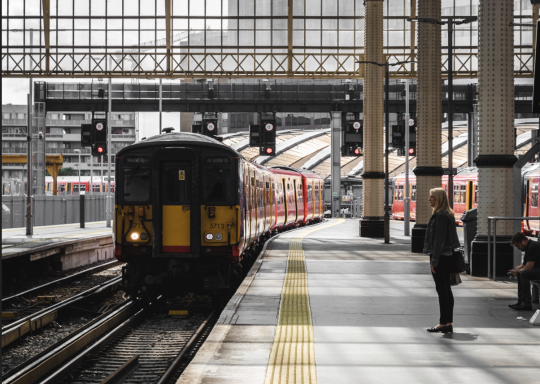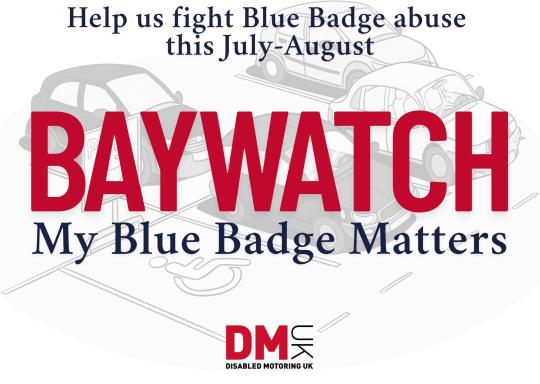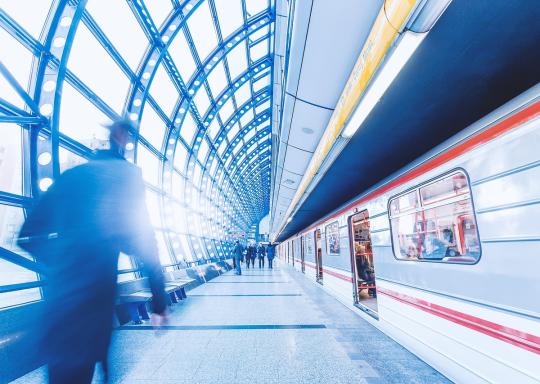"Unacceptable" levels of support for Disabled passengers at many UK airports.
Disabled passengers continue to suffer from poor levels of support at airports across the country with many having an "unacceptable level of service to disabled people" according to the Civil Aviation Authority (CAA).
The CAA recognises that Disabled passengers are legally entitled to support, known as ‘Special Assistance’, when travelling by air.
16 of the largest UK airports were assessed on their facilities over a seven-month period, up to October 31 of this year. The CAA found several airports including Bristol, Leeds, Bradford, and Luton Airports provided an unacceptable level of service to Disabled passengers.
Responding to the findings, the CAA wrote to the airports concerned, telling them it expected them to do more to improve the quality of assistance.
Paul Smith, CAA director of consumers, said: “The aviation industry has faced unprecedented challenges, but too many passengers at UK airports have been waiting for unacceptable amounts of time for assistance on arriving flights on too many occasions.
“We strongly believe that everyone should have access to air travel, and we welcome the substantial improvements that airports have made for disabled and less mobile passengers,” he said.
Stories of airports failing their Disabled customers continue, notably the story of Tony Hudgell the eight-year-old double amputee who was left stranded at Gatwick airport without his wheelchair for more than five hours. When his chair did arrive, it was “twisted and broken” according to his parents.
Craig Nolan, a wheelchair user with Spina Bifida was boarding a flight in Melbourne to head back to his home in Finland on Monday, when airline staff told him he wasn't allowed to travel on his own. Mr Nolan said airline staff told him ‘You are travelling as a disabled person alone, which we don't allow'. He was then taken off the plane in the middle of the night with nowhere to go but was able to get accommodation after some negotiation.
Mr Nolan’s experience comes after the Disability Royal Commission heard evidence that airlines are “dehumanising” Australians with disabilities, who they treat as an “afterthought”.
This week also saw the opening of an inquest into the death of Gerardo Silano, a disabled passenger who fractured his spine and died after falling down an escalator at Gatwick Airport in the summer.
Kamran Mallick, CEO of DR UK and member of the Independent Gatwick Disability Advisory Panel, which was one of the Airports praised for its improvement, said: “We welcome the news that some airports are performing well in providing assistance to Disabled people who request it. All UK airports and airlines must provide help and assistance to Disabled people, which must be free of charge. It is important that those who need assistance when travelling are guaranteed a safe and non-stressful journey, including any mobility equipment travelling with them. The rules and requirements set out by the CAA need to be enforced and all airports must listen and act on the experiences of Disabled travellers. This must be the final wake-up call to airports that everyone has the right to expect good service.”
To check on your rights and guidance on airline travel go to the Governments Disability and travel abroad guidance page.





